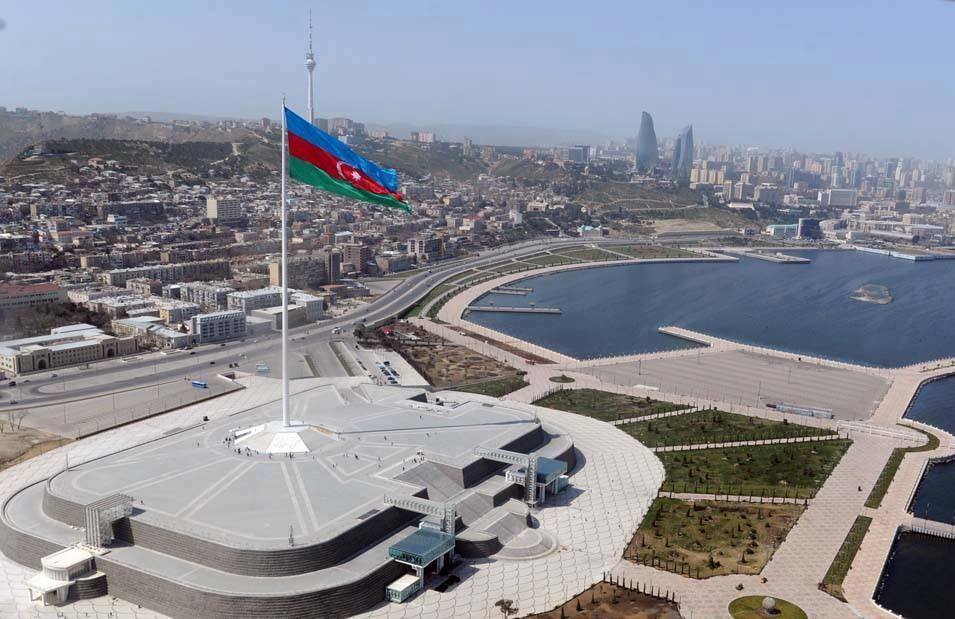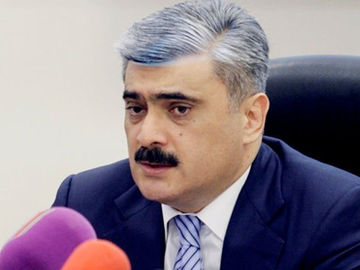
Kazakhstan has adopted a new Law ‘On Public-Private Partnership’
December 18, 2016New Russian PPP law enacted!

On 13 July, 2015 Russian President Vladimir Putin signed Federal Law No 224-FZ ‘On Public-Private Partnership, Municipal-Public Partnership in the Russian Federation and Amendment of Certain Legislative Acts of the Russian Federation’ which became a new Russian PPP law. As some may remember there is also the Federal Law ‘On Concession Agreements’ (Russian Concession Law) effective in Russia from 2004. The foregoing law is the bedrock of the most Russian PPP projects, including federal, regional and local concessions and PPP projects based on public ownership to infrastructure facility.
Other than those few PPP projects that are structured under regional laws, before the new Russian PPP Law is enacted PPP projects can be implemented only in the form of BTO, DBTO and alike. These forms imply that an infrastructure facility should be handed over to the public partner upon its construction. After the new Russian PPP Law is in force (1 January 2016) one shall be able to structure those PPP projects, including concessions, where ownership title must be vested in the private partner, and, what is more, both with (BOOT and alike) and without (BOO and alike) an obligation to transfer the facility subsequently to the public partner. In the latter case the volume of the facility construction financing made by the public partner and the market value of property handed over by it shall not, in the aggregate, exceed the volume of financing of construction of such facilities made by the private partner.
The New Russian PPP Law is a product of work performed for almost three years. During this time lots of versions of the draft law were changed and the volume of the final version of the document was 10 times bigger than the same of the draft law passed in the first reading. The story of this law was really anything but simple. Despite of the fact that the legislative act was drafted under guidance of the Ministry of Economy of Russia and the Ownership Committee of the State Duma (Lower Chamber of the Parliament) and statutory wording was elaborated by all the most well-known Russian PPP experts, the procedure for coordination of the draft with the Ministry of Finance, the Federal Antimonopoly Service and the Legal Department under the President of Russia turned to be extremely arduous, the views of the parties were markedly different on a number of key issues, which could be in some part explained by a lack of PPP expertise among the Russian state authorities. As a result the state government proposed to enact the agreed part of the law and to postpone negotiation of the remaining provisions to have them further coordinated and amended. These circumstances affected both the concept of the law and its specific provisions which became an outcome of a sophisticated compromise, and often an unfavourable one.
For example, the Law introduces a special concept of private-public partnership that differs from the same adopted in other countries. If according to traditional understanding, accepted in many countries all over the world, PPP means those special public-private cooperation projects under which return on investments is made at the expense of the public partner unlike concessions where return on investments is made by the private partner through the collection of payment from users. The new Russian PPP Law interprets public-private partnership as PPP projects implemented according to the model of private ownership to infrastructure facility exclusively and all other models are called concessions. They cover both traditional concessions and traditional PPP projects based on public ownership. In general, the new Russian PPP Law 2015 textually to a large extent resembles the Russian Concession Law 2014, therefore against the Russian background the two laws could be well combined into one called ‘Law on Public-Private Partnerships in the Russian Federation’. It is notable that initially Russian regions adopting their own PPP laws starting from early 2000s understood public-private partnerships both as concessions and traditional PPPs. Nowadays by 1 July 2016 all the regional laws and municipal acts should be brought into compliance with the Federal PPP Law.
In general, the law has been worked through well enough and within the limits of the foregoing PPP concept it allows structuring various transport, healthcare, culture and sports, electricity supply, waste treatment and some other projects. At the same time the list of permissible PPP facilities not just remained exhaustive, it was significantly reduced to compare to the Concession Law. Most of utilities, social housing and social support facilities, etc. were left out.
Among other advantages of the Russian PPP Law, in addition to the ability for the private partner to acquire ownership title to the infrastructure facility, we shall note the possibility to pledge a PPP facility in order to raise funding for the project, the absence of requirement that model agreements approved by the resolutions of the Government of the Russian Federation are mandatory (as provided in the Russian Concession Law), regulation of direct agreements with financing organisations. All these together will increase in bankability of the PPP projects in Russia.
Among material disadvantages of the new federal law (in addition to curtailed scope of its applicability) one may outline a very restricted range of PPP models provided by the mentioned law, municipalities’ obligation to agree the implementation of PPP projects with the authorities of the constituent territory of the Russian Federation , tough deadlines for entering into PPP arrangements, narrow list of circumstances when several public subjects may act jointly as the public partner and some others. The unsolicited proposals are also addressed in the Russian PPP Law to a limited extent, though the situation with the Concession Law is quite the same. The private partner is neither granted benefits under the tender to enter to a PPP agreement, nor provided any reimbursement of costs associated with the project (bid) preparation in the event he loses the tender.
Despite of some disadvantages, albeit they are quite significant, Russian experts for the most part welcome adoption of the Private-Public Partnership Law – it is, undoubtedly, a big event for the Russian infrastructure market. The Law turned out not bad; it consults considerable part of interests of public and private partners willing to implement investment projects using the private property model with respect to infrastructure.
Nevertheless, it helps to remember that this law was an outcome of a sophisticated compromise: already now we see that the law is not perfect and it will take some time to launch the first project under it. In any case, we should go extra mile and continue improving both the legislative act at issue and concession legislation. Elaboration of legislative acts set forth in the law and necessary for its full use should be finalized promptly. It is also sensible to commence preparation of industry-specific policies and guidelines, to use soft law tools more extensively. In this regard it is reasonable to pay attention to those countries that gained considerable experience of the implementation of PPP projects under special programs aimed at the development of specific infrastructure types. In particular, we believe that the UK experience would be immensely useful , however, as the phrase goes, it is quite a different story.



